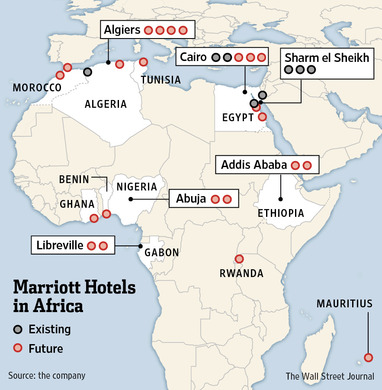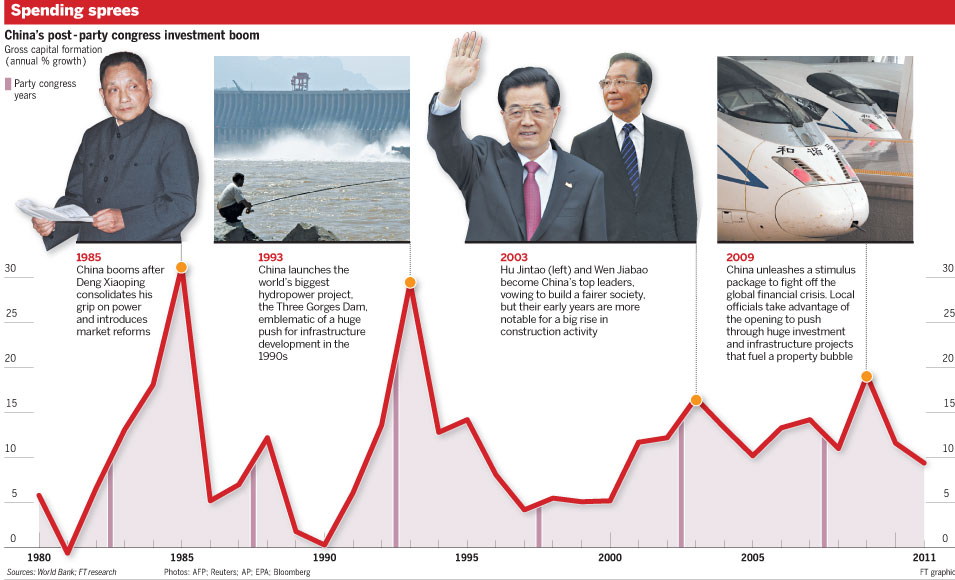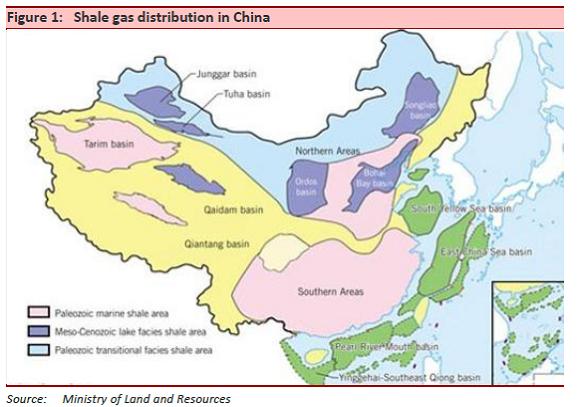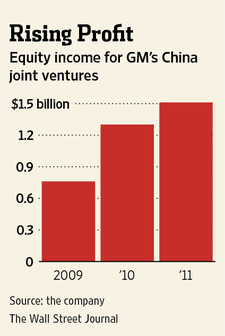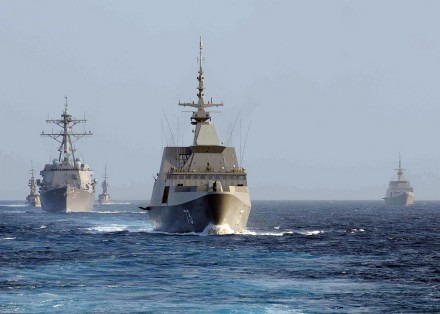I know the non-Tebowed Republicans like to ask, What would Reagan do? But Reagan's example is mostly inappropriate now.
The real historical players to cite are our two best Dutch diplomats: the Roosevelts, Teddy and Franklin. Both were perceived (incorrectly, I believe) as hostile to business when they were all about taming capitalism's worst instincts in a massive progressive era that stretched across their two seminal presidencies.
We are in the same territory now, replete with Teddy's multiple rising great powers following a huge expansion of the globalization of that era (the rather exploitative Euro version).
So we need to concern ourselves with, a la Clad and Manning in the FT, "What Roosevelt would do in the South China Sea."
Planting flags on islets, declaring cities where there are too few residents to fill a restaurant, and huffing and puffing over uninhabited rocks are acts more suited to a Gilbert and Sullivan farce than to nations in the 21st century.
Absurdities aside, the tensions in the South China Sea could shape the balance of power in Asia and put at risk the $18tn east Asian economy. However, a century-old diplomatic idea used by a former US president offers a solution to the crisis.
At present, things appear to be at an impasse. Legally, the overlapping territorial claims defy resolution – either through bilateral steps or through the Law of the Sea treaty. This treaty, to which China has acceded, rejects lodging “historically based” claims, which are precisely the type Beijing periodically asserts.
With the legal problems exacerbated by nationalist sentiment, practicable solutions are even harder to achieve. Yet tensions need not slide inexorably into entrenched hostility, or worse. We propose a way out that would allow step-by-step commercialisation while setting aside disputes over sovereignty.
The current surge of interest in the South China Sea is driven first, by China’s steady rise and second, by the perception (if not the reality) of oil and gas deposits that may be accessible using new technologies.
Even so, no company will invest the billions of dollars required to exploit these reserves without a stable political and legal environment. Competing nationalisms and Sino-American friction are simply adding new layers of risk to an already challenging environment.
This should present an opportunity for creative diplomacy. Chinese oil companies still need foreign partners; they lack offshore drilling technology to exploit resources that may be much less substantial than China reports. Even optimistic estimates fall far short of projected Asian demand over the next 20 years.
A creative diplomacy for the South China Sea needs, for starters, to rein in rivalry – as Hillary Clinton has this week sought to do in her tour of Asia . . .
True enough on Hillary, but at the same time Obama pushes ahead with his "pivot," his AirSea Battle Concept (brought to you, the worse-off-than-four-years-ago-taxpayer by your friends in the Military Industrial Concept), his massive arms sales to the region, his promise to meet Chinese cyber theft with kinetic responses (the new cyber strategy), and mucho missiles in a transparent encirclement strategy.
The authors' answer? "We might revive a type of split-the-difference US diplomacy last deployed after Russia and Japan fought a war in 1905."
Guess which sitting prez won a Nobel Peace Price (for actually doing something instead of just talking about it) for that?
Ah, but such perspectives are naive. Instead, the region needs as much weaponry and hair-trigger warfighting strategies as possible.
That will fix things.
 Tuesday, October 16, 2012 at 9:55AM
Tuesday, October 16, 2012 at 9:55AM 
 Click the smaller image for a more readable version.
Click the smaller image for a more readable version. US,
US,  agriculture,
agriculture,  global warming | in
global warming | in  Citation Post |
Citation Post |  Email Article |
Email Article |  Permalink |
Permalink |  Print Article
Print Article 










